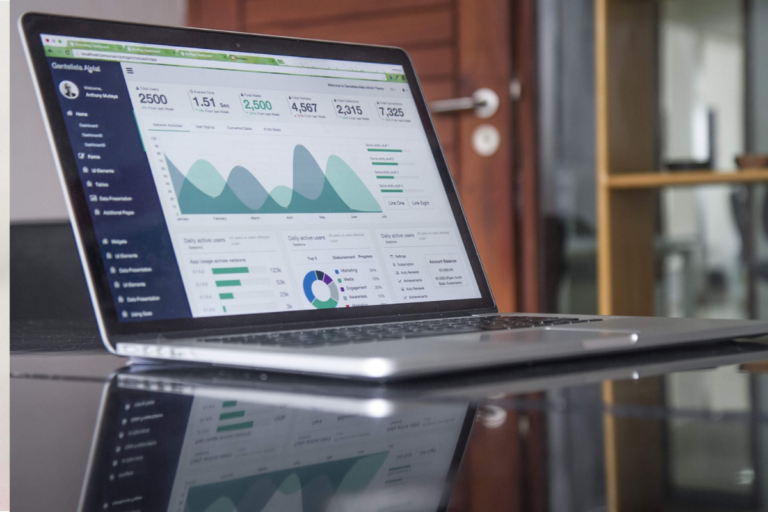
As the workforce grows more diverse across age, gender identity, sexual orientation and race, the rich medical benefits that historically attracted talent aren’t keeping up with the changing health needs of modern-day employees. Today, more and more employees expect benefits tailored to their lived experiences.
Building an inclusive benefits package is just one part of creating an inclusive workplace culture that speaks to your employees. Employee resource groups (ERGs) can play a crucial role in building that culture by providing a safe space for employees to discuss personal experiences or specific wellness topics, such as mental health, chronic disease management or reproductive health. By supporting and partnering with ERGs, employers can cultivate an environment of trust and openness among their employees and use the information gathered to help make decisions around their healthcare benefits and meet the diverse needs of their workforce.
By working with ERGs, you can help ensure that health programs and initiatives are relevant.
Here are some of the key ways that ERGs can help build a culture around your health benefits.
1. Identify and provide insight into healthcare needs
In order to identify the healthcare needs of their workforce, many employers lean on employee surveys and benchmarking. But data can only get you so far. By providing a safe space for information sharing, ERGs offer valuable insight into the real-life needs of your different employee populations. They can uncover needs that may not be fully documented by a survey or identify groups in need of support but unable to speak up. By partnering with ERGs, you can use this information to identify specific health concerns, cultural barriers to healthcare access and disparities in healthcare outcomes, especially for those from historically marginalized communities. For example, one ERG for LGBTQ+ employees can raise awareness of the need for gender-affirming care or coverage for certain fertility treatments.
2. Provide feedback on health programs
ERGs can provide feedback on health programs and wellness initiatives that are already in place. ERGs can assess the effectiveness of current wellness programs, provide recommendations for improvement and advocate for the creation of new programs that meet their members’ unique needs. By working collaboratively with ERGs, you can help ensure that health programs and initiatives are relevant, effective and inclusive. An ERG for former or active military members and their families, for example, can help provide insight into whether or not your workplace has supportive benefits or wellness initiatives for veterans.
3. Partner with healthcare providers
ERGs can also partner with employers and healthcare providers to ensure their members receive high-quality, culturally-competent care. For example, an ERG for Latinx employees can partner with their HR department or benefits consultant to locate in-network healthcare providers who offer bilingual services or focus on the specific health needs of this community. The ERG can then collaborate with those healthcare providers to provide education and resources to Latinx employees to make sure they’re getting the care that serves their needs.
4. Educate employees about their health benefits
ERGs can play a critical role in employee education, helping educate employees about their healthcare benefits and how to use them. By raising awareness of available healthcare resources, ERGs can help ensure that all employees have access to the care they need.
Many employees find the support they need through ERGs themselves, but ERGs play a much bigger role in helping build a culture of trust, acceptance and inclusivity throughout the workplace. By consulting with ERG leaders and its members, you can gain a deeper understanding of the challenges your employees face and use this knowledge to inform policies and practices that better support them.





